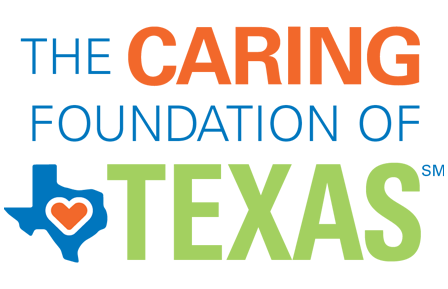May 5-11 marks Children’s Mental Health Awareness Week
Houston, like many other cities across the nation, is facing a silent crisis in pediatric mental health.
Beyond the allergies, asthma, diabetes and everyday bumps and bruises that fill our clinics, a growing urgency compels us to redirect our attention to a critical matter – the mental well-being of our children.
Amid the heartfelt dedication of parents and caregivers, major physicians’ organizations have acknowledged this silent struggle. Our children, the very heart of our future, are grappling with challenges that demand the collective attention of our community at large.
Consider the staggering data: One in three children between the ages of six and 18, and two in five youth, grapple with mental illness and substance abuse disorders in Harris County. That’s just over 310,000 children yearly, including 250,000 with moderate mental health issues and 65,000 with emotional disturbances.
These children and teens are experiencing distress that keeps them from getting through the day. Disorders range from anxiety and bipolar disorder to depression, Attention-Deficit / Hyperactivity Disorder (ADHD) and eating disorders. These conditions are not mere statistics – they represent our children, friends and neighbors, shaping the essence of our city.
As pediatricians, we find ourselves on the frontline of this battle. My plea echoes louder than ever – to treat mental health with the same urgency and diligence as physical health.
Parents, you are the first line of defense. If you notice something amiss, do not hesitate – say something. I emphasize the importance of open communication with your child’s pediatrician. Your insights could be the key to saving a child’s life. Together, let’s shatter the unspoken barriers surrounding mental health within our homes.
To the broader community, our involvement is non-negotiable. Given that many children are grappling with mental illness, how many of them live next door? How many attend our schools or play in our parks? We must elevate our awareness and compassion to create a safety net beyond the clinic walls. Educate yourself and be ready to be a support, advocate and judgement-free haven – keep pediatric mental health at the forefront of our consciousness.
Finally, I’m sending out a call to action to my fellow pediatricians. Understanding the unique challenges faced in Harris County, let’s explore the available resources, including the Child Psychiatry Access Network (CPAN), FindHelp, Well-Sky, and Substance Abuse and Mental Health Services Administration (SAMHSA).
These are not just tools for health care professionals but also resources that can empower doctors, parents, caregivers and neighbors alike by addressing the socioemotional factors affecting the mental health of our children and youth. Utilize them, share them and let them bridge struggling families to the help they need.
Through physician-to-physician consults, we can build a robust network of mental health support, providing timely assistance to parents in need.
In-office screenings play a crucial role in identifying children with mental health conditions. Whether in a family practice, OB/GYN or pediatric setting, screenings for depression, anxiety and overall psychosocial health should be routine.
Recognizing we often see children more frequently than any other health care provider, we should leverage these opportunities to create a comprehensive mental health profile for each child.
This is not just a call to pediatricians. With thousands of children in Harris County facing mental health challenges, the time for action is now for everyone who cares for children in any setting. Screen during well visits, initiate conversations at home and proactively identify those who need help.
By prioritizing pediatric mental health collectively, we can reshape the narrative surrounding mental health. Let us stand united, a force of compassion and understanding, for the well-being of our children and the future they represent.
Dr. Angela Moemeka is the Texas Medicaid CMO at Blue Cross and Blue Shield of Texas.
STATS RESEARCH
Used in the article:
Additional research (not used):
https://www.houstonhealth.org/services/data-reporting/planning-evaluation-research
https://www.houstontx.gov/health/Youth/Mental%20Health%20FINAL.pdf

